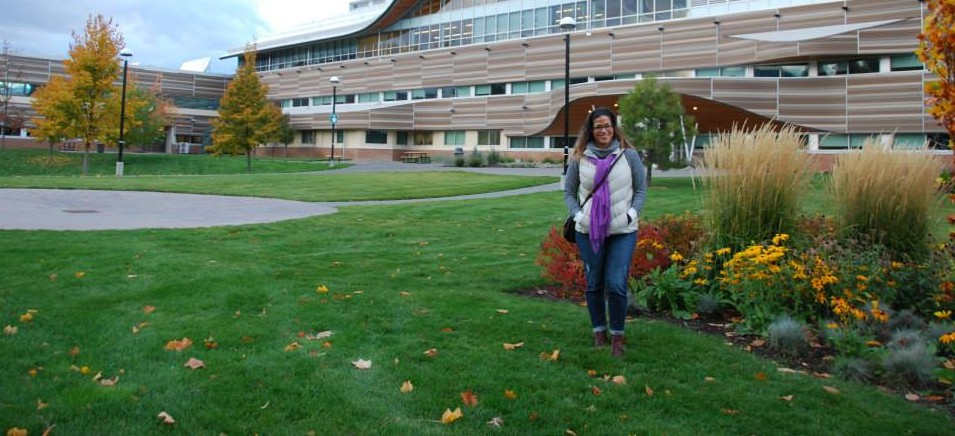Let me give you an image of me as a starting-out lawyer. I’m on the phone with a client – a terrifying proposition in itself. Client is talking about something incomprehensible (some Wall Street acronym or something) and assuming I not only know what it is but have an informed and expert opinion about the thing as it relates to the client. I am googling this thing while on the phone, hoping the client can’t hear me typing.
Transitioning to law school to practice was like that.
One of the reasons L21C exists is that I wanted to try to fill what I think is a gap in legal education in preparing students for this transition, from law student to professional. Law school does not provide students with much understanding of or information about the practicalities of practice, or about what the ecosystem of the legal services world is like. It’s a big chasm indeed from pondering the significance of peppercorns to billing, spreadsheets, attempting to tame clients, navigating the internal politics and ego-bruises of working in multiple teams, and googling financial jargon as quietly as possible.
I often hear that it’s not an appropriate goal for law school to prepare students to be “practice-ready,” that there is no substitute for real-world experience and hands-on training. As far as it goes, I think this is true, even just obvious. It doesn’t follow, though, that law school can’t do more to prepare students for the transition to practice. We can, and we should.
That’s the aspiration of L21C: to make students, if not “practice-ready,” at least a bit more ready for the challenges, surprises and mysteries of the coming transition to practice. To demystify the mysteries, make at least some of the surprises less surprising, and, I hope, stir up some excitement about the challenges.
L21C is also transitioning this year. Last year it was a completely brand-new course, still a prototype really, and I really was not sure what to expect. This year is … well, honestly not that different, but it’s no longer completely brand new and I have a little bit more idea what to expect. Last year’s class was a fantastic group who did some truly inspirational work. Therefore, my expectations are very high. I’m looking forward to equally great things from this year’s group, possibly even greater. Go on, challenge yourselves!
The design of the course is substantially the same as it was last year, but there are some modifications. The first few weeks are more structured, with fewer guest speakers and more lectures and activities that I planned. In the later weeks we have many really amazing guest speakers, a panel, a field trip to Kamloops Innovation Centre, and plenty of time built in for teams to work on their LawHacks projects. The idea is that in the first part of the semester students will get a solid understanding, from the lectures, readings and class activities, of the themes we are covering, and in the later part of the semester the group will be very well equipped to engage with the wonderful leaders and thinkers who are joining us as guests.
Of course I can’t end a post about transitions without mentioning the central focus of this course, the Big Transition: what’s happening to the profession itself.
Richard and Daniel Susskind, the authors of one of our course books (The Future of the Professions), say that the legal world “will change more radically over the next two decades than over the last two centuries” and the legal profession is “on the brink of unprecedented upheaval” (pp. 66-67, internal citations omitted).
Jordan Furlong, writing in the Canadian Bar Association Legal Futures Initiative publication Do Law Differently: Futures for Young Lawyers – another of our course texts – says “[a]lmost everything about career choices and employment options for new lawyers is in flux,” and that the generation of lawyers entering practice now “has both an obligation and an opportunity that its predecessors never experienced.”
David Scott, the co-chair of Borden Ladner Gervais, has said that the lack of access to justice for ordinary people is the legal profession’s equivalent of global warming.
These are the big, systemic transitions that we are going to learn, think and share ideas about in the course. I hope that the discussion will carry on outside class – and will engage the wider community. That’s what the blog is for, and I’m really excited to read posts and comments by our new class of L21C partners, as well as everyone else who wants to join the conversation.
This time of year people often say that September, not January is the real new year. It’s a time of transitions. Here we go!







 as we’d like to think they are.
as we’d like to think they are.